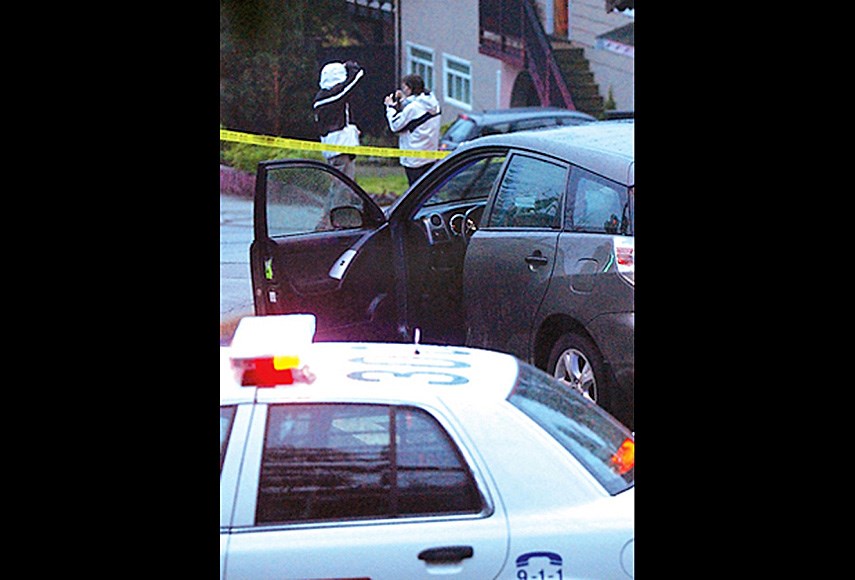Two years after the shooting, the police officer remembered the victim’s “piercing, intent stare” in the moment before the man grabbed a black object.
The officer fired. Matthew Wilcox, 39, died in Lions Gate Hospital one day later. The black object was a cellphone.
In addition to the 2010 Deep Cove shooting, Canadian police officers have killed 460 people since 2000, according to a recent CBC report.
The report raises questions about police training, the disproportionate rate at which Indigenous and black Canadians are killed, as well as the state of mental health in Canada.
At least 70 per cent of the police victims – including Wilcox – suffered from mental illness or issues related to drug abuse.
Maybe we shouldn’t be surprised. Over five years, Ontario emergency rooms treated 78,000 patients who tried to take their own lives. Sixty per cent didn’t see a psychiatrist within six months. B.C. leads Canada in repeated hospital readmissions due to mental illness.
We applaud the construction of two alcohol treatment centres in the District of North Vancouver and The Foundry in Lower Lonsdale. They’re a good start.
But mental illness can’t be cured in an operating theatre, it’s intertwined with poverty and homelessness. The Canadian Mental Health Association is calling for more affordable housing and an expansion of affordable child care, particularly for single parents who rely on child care to work and improve their own mental health. We echo their call.
It’s easy to see mental illness as a Downtown Eastside problem, a drug problem, or a neighbour’s problem, but that “piercing, intent stare” belongs to all of us. As long as untreated mental illness pervades, none of us will be truly healthy.
What are your thoughts? Send us a letter via email by clicking here or post a comment below.



